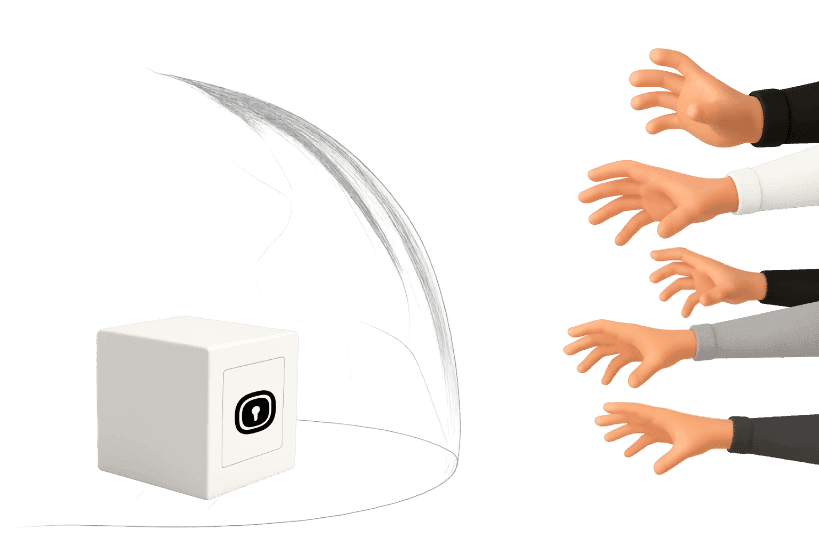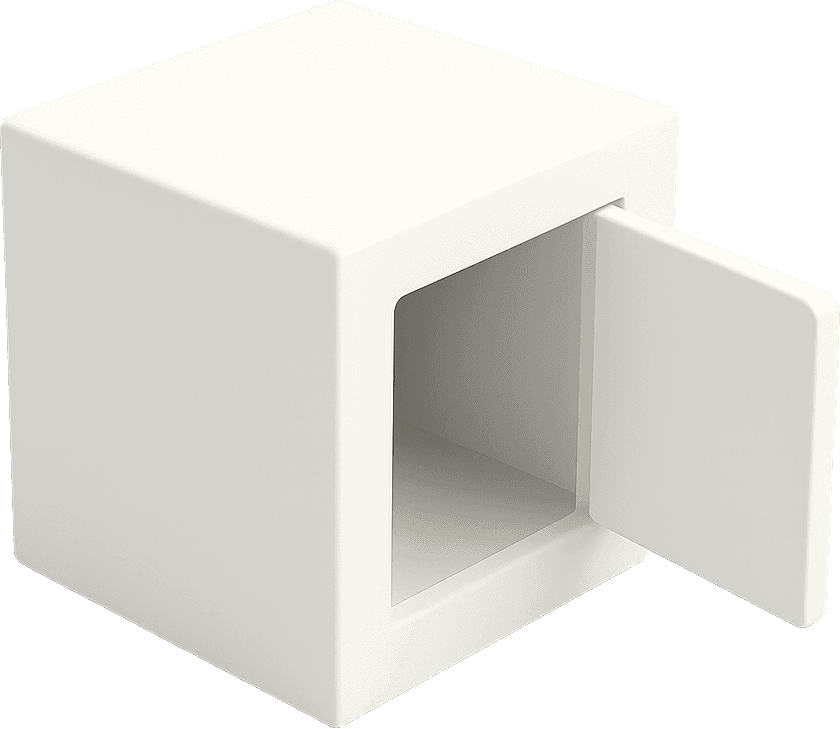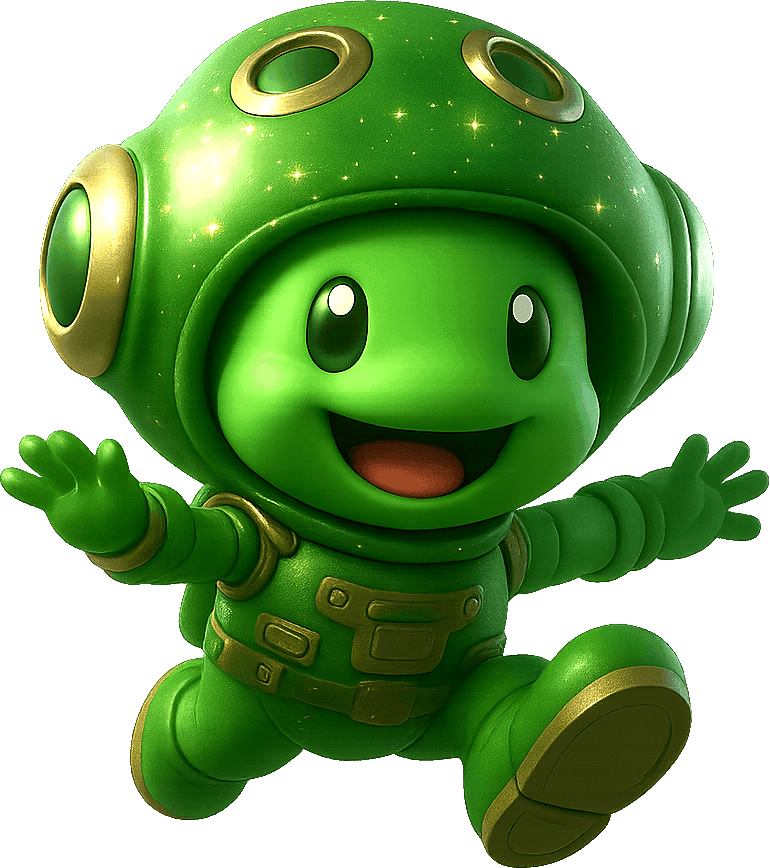
Unlock your data's full potentialin a vault only you control
List your data for sale under a license you choose.
Data is money. Keep it somewhere safe.
Companies have been profiting from your personal information for years while you got nothing in return. New privacy laws are making this harder for them, yet they need your data more than ever.
Seize this opportunity with DataVault! Regain control of your data and sell it directly to companies you trust. DataVault forces them to be transparent on how your data is used.
No hidden costs or fees. You keep 100% of the bids you accept.

How DataVault works


















DataVault everything
Over a million worldwide users agree
Vault once, earn forever.
Whether you vault your data manually or with DataVault Connect in participating sites, you'll be able to receive offers on it from any company, forever.
And with our automation tools like autosell and DataVault Connect, you can continue receiving payments as offers become available for the ultimate source of passive income.










Earn more together.
Refer your friends and family to get their own personal DataVault and we'll pay you a commission from our own pockets every time they sell some data. You'll both still keep 100% of the bid amount offered by the buyer.
With DataVault, TARTLE helps you lift each other up and we put our money where our mouth is. The more offers your referrals accept, the more money you make.
